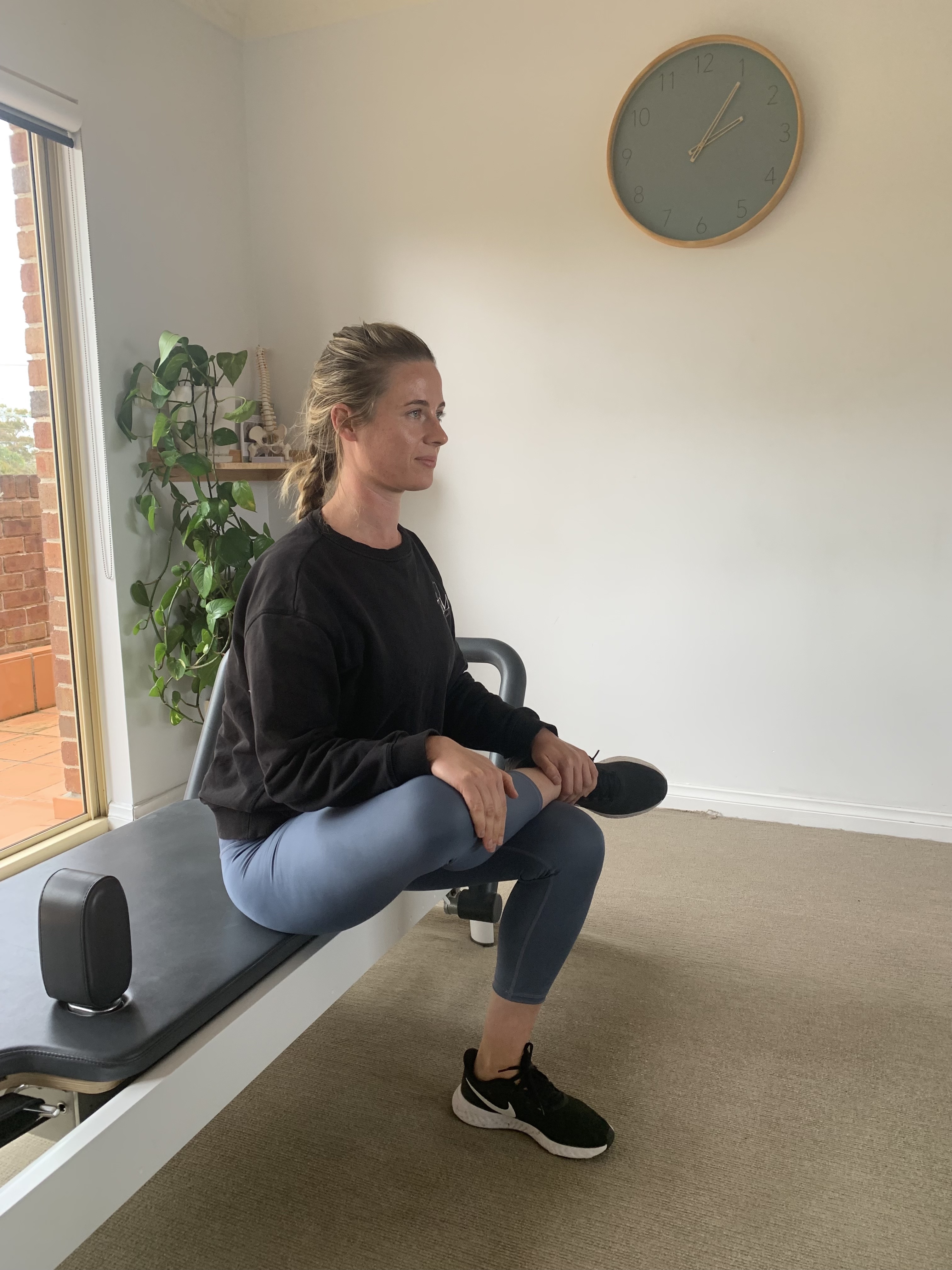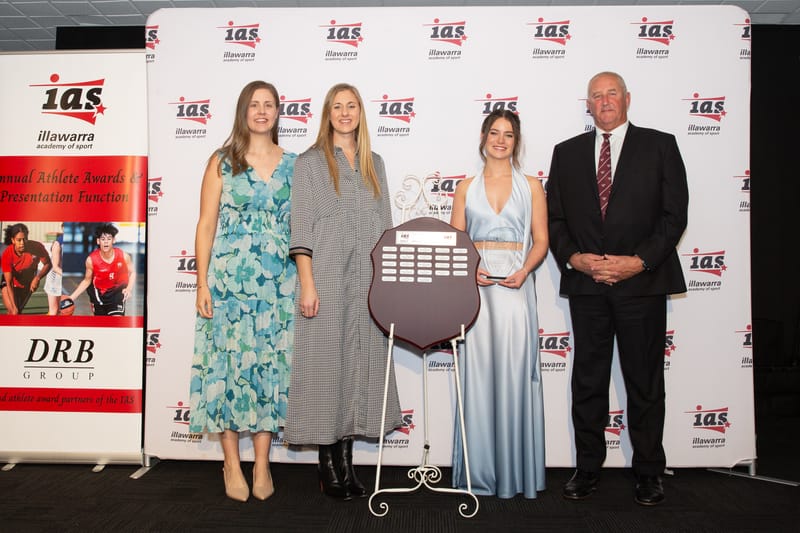Q&A with a Pilates instructor
Mums, are you familiar with pilates? If your answer was no, this article will be a game-changer

Mums, are you familiar with Pilates? If your answer was no, this article will be a game-changer. Thanks to Lara Samuelsson, the principal physiotherapist, exercise physiologist and Pilates instructor at The Physio Pilates Movement, for taking time to answer our questions.
Please tell me about your business, The Physio Pilates Movement.
The Physio Pilates Movement is a rehabilitation and lifestyle clinic operating out of Stanwell Park and Helensburgh. Our team consists of Physiotherapists, Exercise Physiologists and Pilates Instructors who are keen to help you reach your health goals.
Why is Pilates so important during pregnancy?
During pregnancy, a woman's body undergoes remarkable changes. The body is amazing and can do such incredible things, however, these changes in hormones, posture and load on the pelvic floor can lead to pain, weakness and decreased mobility. Pilates is a low-impact form of exercise that can help minimise pain and keep you strong and active. Our instructors are trained in pregnancy and postnatal exercise prescription to prescribe targeted exercises that will help you during pregnancy and assist with a faster recovery.
What role can Pilates play in your recovery after a C-section or vaginal birth?
You will have a quicker recovery if you practise Pilates both during pregnancy and after birth. Not only will your body be stronger, but Pilates targets the core – the deep muscles that have a role in stabilising your body. The core is made up of a group of muscles- transverse abdominis, diaphragm, pelvic floor and multifidus. Strengthening and coordinating these muscles will help bring your abdominals back together and minimise abdominal separation. The pelvic floor is often in a lengthened position after pregnancy, which places a woman at risk of prolapse. It is important to begin strengthening the pelvic floor as early as possible after your baby is born.
What are the most common issues you see in mothers?
The most common issue during pregnancy is sacroiliac joint or pubic symphysis pain. Hormones cause the joints to loosen, which is essential for the pelvis to open for a vaginal birth. If the muscles around the pelvis have an uneven pull or if there is a lot of shearing action on the pelvis, the joints can become inflamed and painful. Having strong muscles, such as the glutes, helps support these joints. Stretching the muscles also assists by decreasing torsion through the pelvis.
What postnatal issues can Pilates address for women?
During early motherhood, it is common to have a rounded posture due to breastfeeding and nursing your baby. This can lead to neck pain and back pain. Pilates targets your tight and weak areas to stretch, strengthen and improve your posture, resulting in reduced pain.
Pilates also uses strategies to target pelvic-floor activation. Pilates in combination with women's health physiotherapy will ensure you are contracting your pelvic floor correctly to help avoid postnatal issues such as pelvic organ prolapse and incontinence.
For more information on The Physio Pilates Movement, visit the website or follow on Facebook and Instagram





